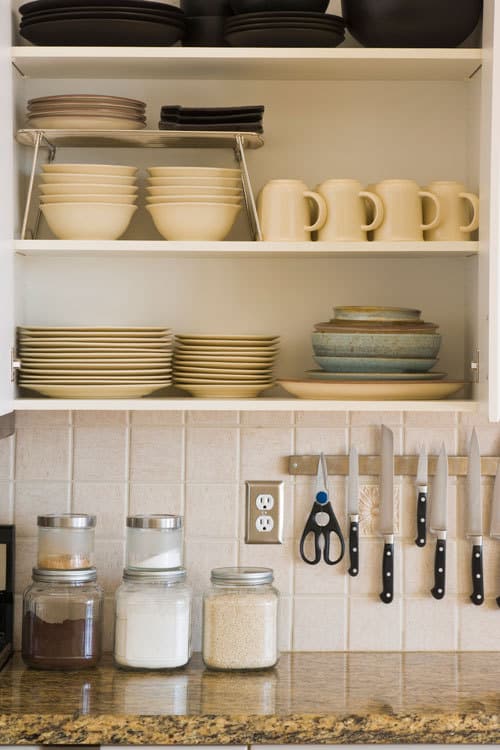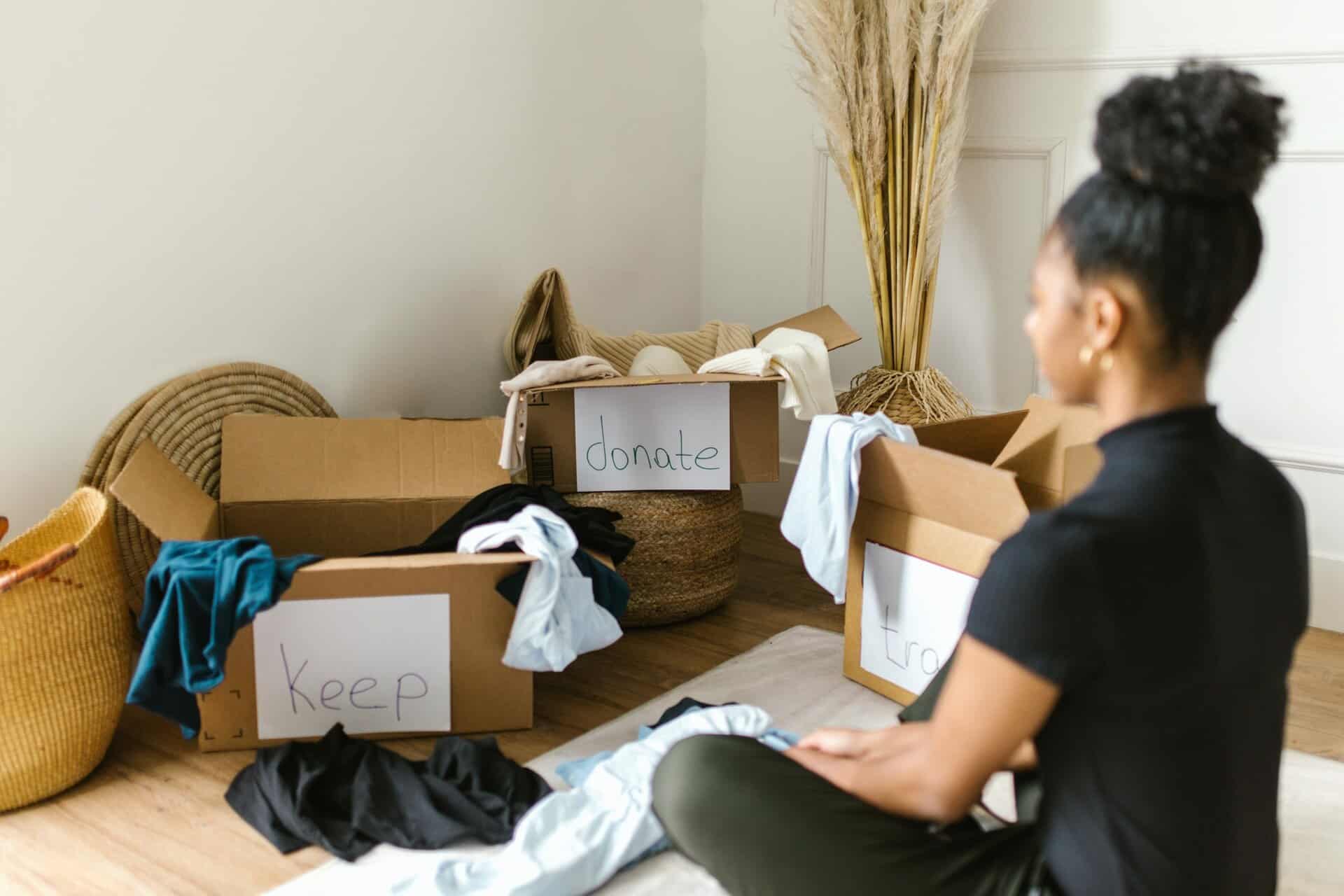
5 Clever Home Organizing Tips
Get Mentally Prepared To Home Organize
Home organizing can get viewed as a daunting task for many people. It would help to have the proper organizational mindset, especially to start the process.
Dedicating time is also challenging because, let’s face it, no one wants to spend their valuable free time ripping apart their house and putting it back together in order. In most cases, a disorganized person is also a procrastinator. People who put off tidying up, delaying a daily routine to regroup, and putting things back where they belong are procrastinating.
The best remedy is to schedule home organizing in your daily calendars as you would for any necessary appointment. Otherwise, you may never start, and many tomorrows are ahead to excuse yourself.
You must limit your organizing time. If you are new to organizing, only allow one to two hours per session, or you will overwhelm yourself. In addition, when you organize for too long and go about the process without a good plan of action, you will most likely get in over your head, get turned off, and may not try again.
For example, I have an aunt that took everything out of her kitchen cabinets and pantry, placing everything on her kitchen table and countertops. After this, she was overwhelmed by the sight of her kitchen and spent much time emptying. Then, feeling tired and confused, she put things back in the cabinets, drawers, and pantry without logic and planning. My aunt’s story is a perfect example of a long-winded home-organizing project that should have spread out over a few sessions with more guidance.

Look For Home Organizing Guidance
Many people put off home organizing because they cannot figure out where or how to start; home organizing isn’t intuitive for most people. However, certain people are natural. Many professional home organizers were born that way; some acquired the skill set to handle home organizing projects easily through professional home organizing chapters that teach the subject, such as NAPO or KonMari.
Hiring a professional home organizer is an investment because they will show you how to proceed. Always work side-by-side with a professional home organizer and ask questions. Participating in the home organizing process with a professional is the best way to learn how to organize.
There are so many blogs and books on the subject of home organizing. My favorite book is Top-To-Bottom Home Organizing because I am the author! Books are one of the best ways to teach yourself how to organize because the information is always available to reread. My book, Top-To-Bottom Home Organizing, is a reference book. Each section covers a particular area of the home or household inventory.

Come To Terms With Letting Go Of Your Stuff
To be successful at home organizing, you need to be ready to part with things. Organizing is not about buying loads of pretty containers to help you manage stuff. Instead, home organizing is about cleansing your space, so you feel less burdened or buried.
Imagine a closet overcrowded with many baskets loaded and heavy with many things that do not serve a purpose in your future. Instead, consider a well-appointed closet holding only the things you love to wear or use and nothing more.
Parting with your things through giving or recycling is environmentally friendly too. Remember that no one ever said they regretted organizing and decluttering their house.

Have Realistic Price Tags On Your Belongings
Many people cannot let go of their items because they overestimate the actual value of their things, which is a big reason why people hold on to them.
The problem is that holding onto them only brings back the value if you are discussing antiques or certain commodities such as gold. Everything else is a depreciable asset.
I have sold many articles on resale websites like eBay and Facebook Marketplace. I can promise that most items sell for one-third or less of their original purchase price. There is much to the online resale process, such as taking photos, listing, customer service, and shipping costs. In addition, many sites take commission and credit card service fees. Therefore, you need to factor your time and other expenses into the equation when you look at the actual value of your stuff.
Brick-and-mortar resale requires time and work. You will be disappointed, I can promise, when you sell your nice clothes to these places. You will receive an even lower amount for items than if you sell them online because the store has to turn around and sell your things for you. In addition, stores have a lot of overhead, which impacts what you get for your belongings.
Merchants that resell furniture and home goods rely on contracts that usually keep their items on the floor for a limited time, such as ninety days. After which, you need to pick up your stuff, or it is theirs to keep or gets donated.
Bear in mind that many items of yesteryear do not sell anymore; people are not buying china, crystal, and silver flatware as they did in the past.
Your items’ actual value is critical knowledge to help you in the decluttering process. A quick and easy way to find out what your item is worth is to look for the exact thing on a resale website and research its sold price, not asking, which is always high because resale involves haggling most of the time.
Free Yourself From Thinking That Keeps You Bound To Things
There are many deeply-rooted psychological reasons why we keep things we do not need or will never use.
It is good to understand them so you can approach the decluttering process with a different perspective and banish old illogical thinking.
Many people want to keep things because they think they will need them in the future. Therefore, they fear future expenses, and replacing items would create future remorse.
Now that appears logical; however, why do you need to replace something you are not using? You may be using something else in place of it now.
Many times people place hope into using something again. For example, they hold onto clothes that are too small in hopes that they lose weight. They keep books in hopes of having time to catch up on reading. Listening to your gut and letting it be your guide is essential because deep down inside, we know.
